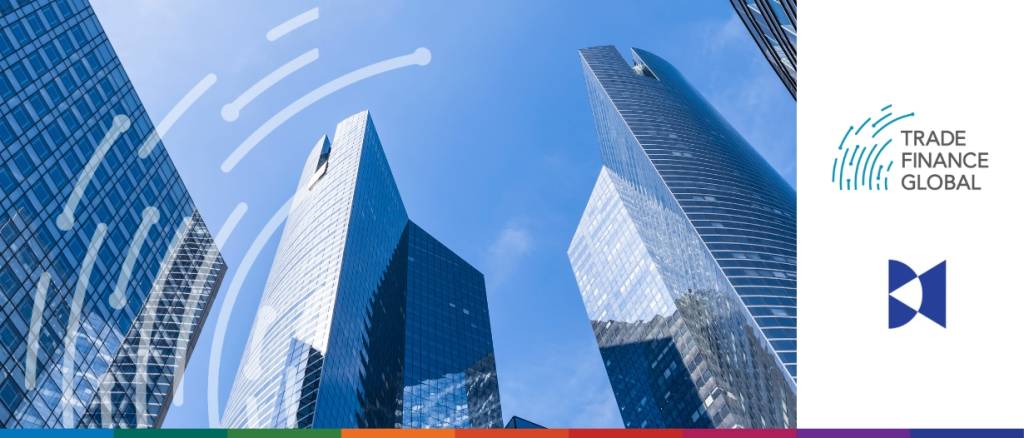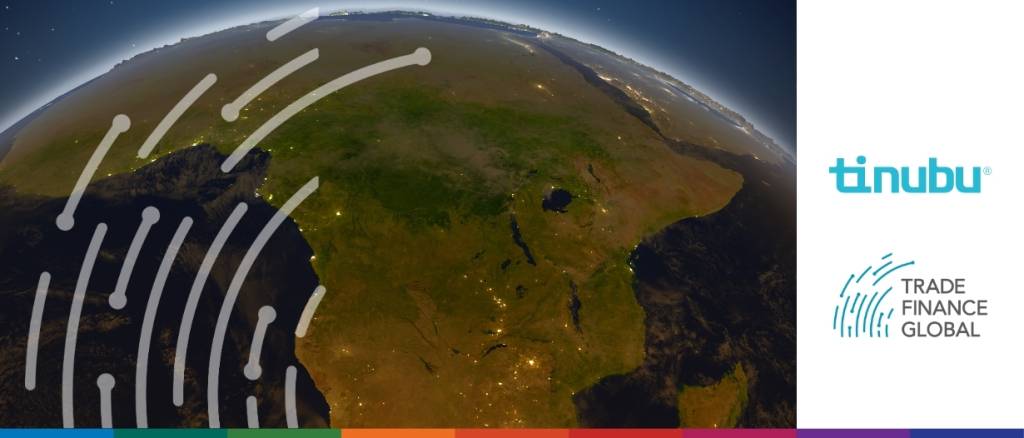Correspondent banking is a cornerstone of international finance, offering a critical conduit for transnational transactions and financial services. But as with any large, intricate and partially opaque financial system that relies on mutual trust, it is also a prime target for illicit exploitation, particularly money laundering.
The International Trade and Forfaiting Association’s (ITFA) Digital Negotiable Instruments (DNI) Initiative Day, hosted in London on 12 July 2023, served as an important platform for the future of trade finance.
Globalisation is not dead, contrary to recent claims. Nowhere is this more evident than in global trade, where high-growth trade corridors in Asia, Africa and the Middle East are set to outpace the global average by up to four percentage points.
Cross-border payments are an essential part of the global economy. Historically, the cost and potential delay of processing have added unnecessary friction to commerce. As payments wait to be settled, gaps in visibility can frustrate both sides of the transaction.
In an exclusive interview with Odbayar Erdenetsogt, the foreign policy advisor for the President of Mongolia, Trade Finance Global (TFG) delves into the reasons behind Mongolia’s growing significance in the global trade landscape and the challenges and opportunities it faces.
Trade finance plays a vital role in global economic activities, facilitating the movement of goods and services across borders.
In the ever-revolving landscape of trade payments, a notable trend is gaining momentum as the global financial industry embraces ISO 20022 – a data-rich and interoperable universal messaging format set to replace the legacy Message Text (MT) that has prevailed for years.
To learn more about the latest updates on MLETR adoption in the G7 countries and emerging markets, Trade Finance Global spoke with Luca Castellani, legal officer at the Secretariat of the United Nations Commission on International Trade Law (UNCITRAL)
In a bid to enhance access to trade for micro, small, and medium-sized businesses (MSMEs), the World Trade Board has recently launched the ‘Financial Inclusion in Trade Roadmap’. The roadmap, developed through collaboration with major industry bodies and international stakeholders, seeks to address the challenges faced by MSMEs to accelerate their participation in global trade.
Africa, a continent synonymous with immense economic growth potential and abundant opportunities, has long grappled with transforming that potential into tangible growth. Despite being hailed as a land of promise, the realisation of Africa’s vast potential has remained elusive year after year.




















